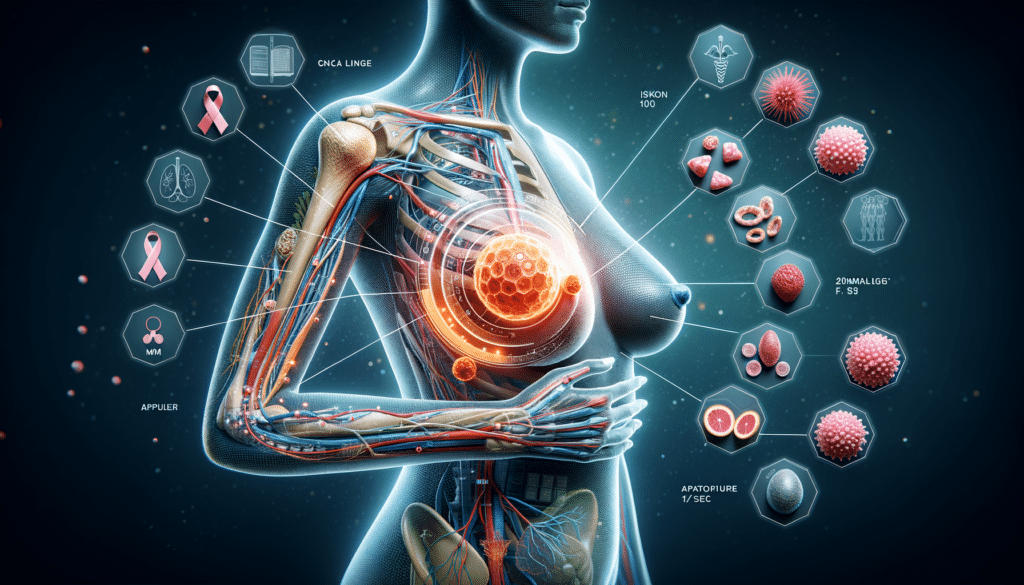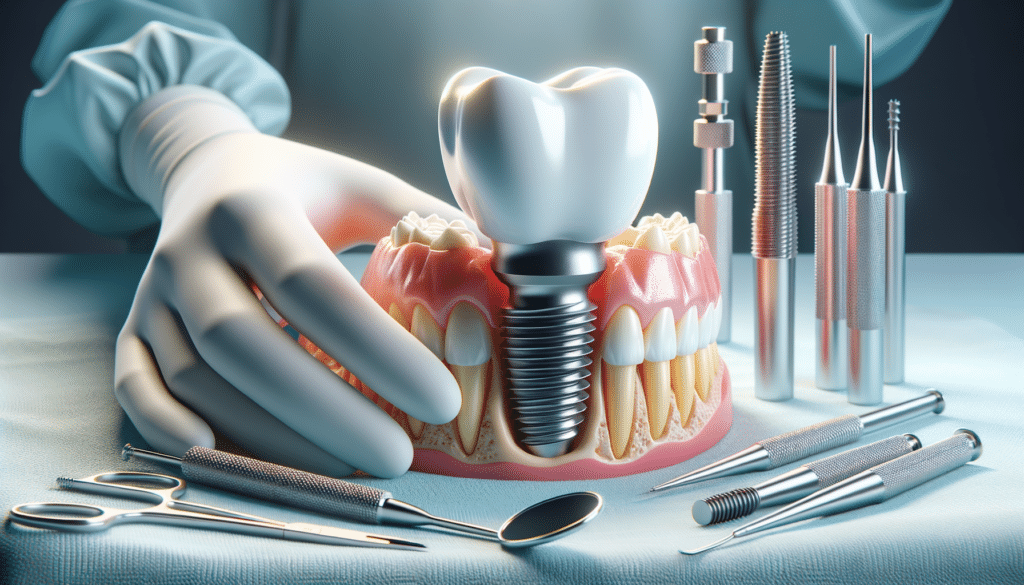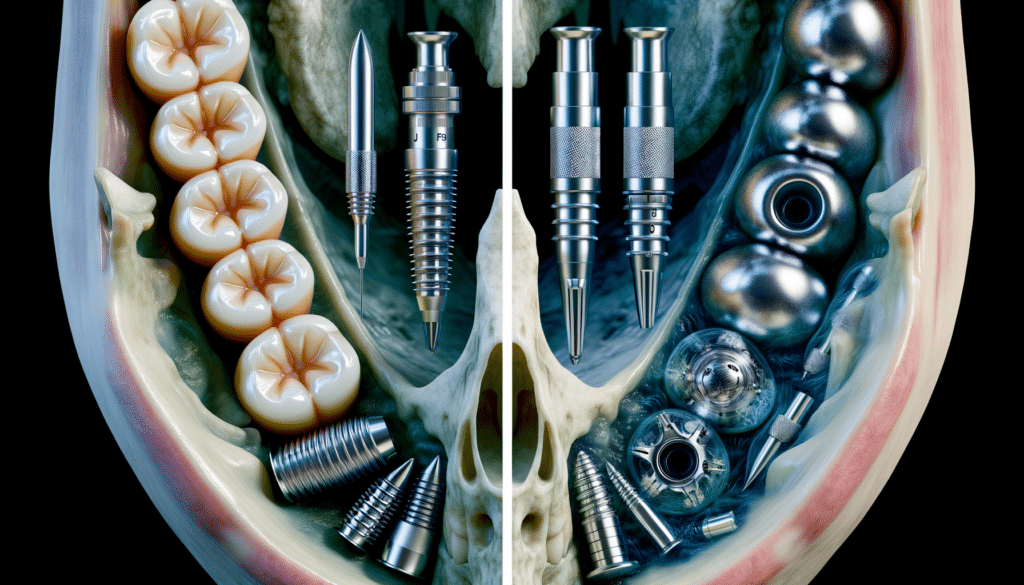Understanding Breast Cancer
Breast cancer is one of the most common cancers affecting women worldwide. It occurs when cells in the breast grow uncontrollably, forming a tumor that can often be felt as a lump. Early detection and treatment are crucial for improving survival rates and quality of life.
Recent Breakthroughs in Treatment
In recent years, there have been significant advancements in breast cancer treatment, offering new hope to patients. These innovations are not only improving survival rates but also enhancing the quality of life for women undergoing treatment.
Targeted Therapy
One of the most promising developments in breast cancer treatment is targeted therapy. Unlike traditional chemotherapy, which affects all rapidly dividing cells, targeted therapy focuses on specific molecules involved in the growth and spread of cancer cells. This approach minimizes damage to healthy cells and reduces side effects.
Immunotherapy
Immunotherapy is another groundbreaking treatment that harnesses the body’s immune system to fight cancer. By boosting the immune response, immunotherapy can help the body recognize and destroy cancer cells more effectively. This treatment has shown promising results in clinical trials and is becoming an integral part of breast cancer care.
Personalized Medicine
The concept of personalized medicine is transforming the way breast cancer is treated. By analyzing the genetic makeup of a patient’s tumor, doctors can tailor treatments to target specific mutations. This personalized approach increases the effectiveness of treatment and reduces unnecessary side effects.
Minimally Invasive Surgery
Advancements in surgical techniques have led to the development of minimally invasive procedures for breast cancer. These techniques, such as lumpectomy and sentinel lymph node biopsy, aim to remove cancerous tissue while preserving as much healthy tissue as possible. This results in quicker recovery times and better cosmetic outcomes for patients.
Supportive Care and Rehabilitation
In addition to medical treatments, supportive care and rehabilitation play a crucial role in the overall treatment plan for breast cancer patients. Programs focusing on physical therapy, nutrition, and psychological support help women manage the side effects of treatment and improve their quality of life.
The Importance of Early Detection
While these advancements in treatment are promising, early detection remains the key to successful outcomes. Regular screenings, such as mammograms, can detect breast cancer at an early stage when it is most treatable. Women are encouraged to discuss their risk factors and screening options with their healthcare providers.
Conclusion
The landscape of breast cancer treatment is rapidly evolving, offering new hope to women diagnosed with this disease. With continued research and innovation, the future looks promising for more effective and less invasive treatments. Women are encouraged to stay informed about the latest advancements and to consult with their healthcare providers to determine the best treatment plan for their individual needs.





